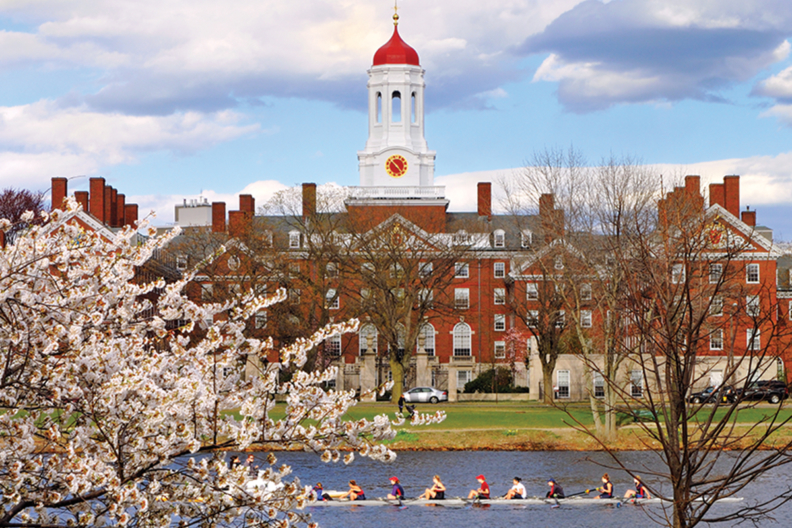NY Lawmakers Must End Legacy Admissions
The history of legacy preference is explicitly racist and antisemitic.

The Supreme Court severely limited the use of affirmative action in college admissions last month, ruling that consideration of an applicant’s race, even as one of many factors in admissions decisions, violates the equal protection clause of the U.S. Constitution.
Justice Sonia Sotomayor wrote a strong, insightful dissenting opinion, joined by Justices Kagan and Brown Jackson, saying that the majority’s decision “cement[s] a superficial rule of colorblindness as a constitutional principle in an endemically segregated society.”
Our society isn’t colorblind and our admissions criteria shouldn’t be either. But now that the Supreme Court has eviscerated affirmative action, it’s even more important that we end the practice of legacy admissions – a practice that has tilted the scales of who gets accepted even further in favor of rich white students.
Many private colleges and universities consider legacy preference as a factor in admissions decisions. Legacy preference means that a candidate whose family members attended the same college gets preferential treatment for their application.
It is estimated that legacy applicants are five times as likely to be admitted to Harvard as other applicants.
The history of legacy preference is explicitly racist and antisemitic. Today, after generations of racial segregation in U.S. higher education, students of color are far less likely to have a family member who is an alumnus of an elite school, leading some to call legacy preference “affirmative action for the successful.”
Students, advocates, and lawmakers in New York have been fighting for a statewide ban on legacy preference. A promising bill in the New York legislature that would do this, the Fair College Admissions Act, has languished in committee for two years.
Though data is scarce, a 2020 study found that 70 percent of Harvard legacy applicants were white. That statistic was highlighted in a complaint recently filed against Harvard University challenging legacy admissions as unfair discrimination against students of color. In particular, the complaint alleges that without the counterbalance of affirmative action policies, legacy preference unfairly and without merit privileges white applicants. It is estimated that legacy applicants are five times as likely to be admitted to Harvard as other applicants.
For many New York schools, including NYU, Fordham, Syracuse, Sarah Lawrence, Bard, Columbia, and Cornell, legacy is part of a list of considered factors. In light of the recent ruling, New York lawmakers must act on this important issue to ensure our state doesn’t lose ground in admitting and graduating diverse college classes. Neither CUNY nor SUNY, our public universities in New York, confer legacy preference. It’s time for the elite schools to join them.
Importantly, ending legacy preference seems to be a rare issue that people across the political spectrum agree on. Bipartisan legislation has been introduced in Congress to cut off federal aid to institutions that practice legacy preference.
Despite opposition by private institutions and their interest groups, ending legacy preference for New York’s students makes the admissions process fairer and makes student bodies more diverse — goals that every school should want to achieve.
